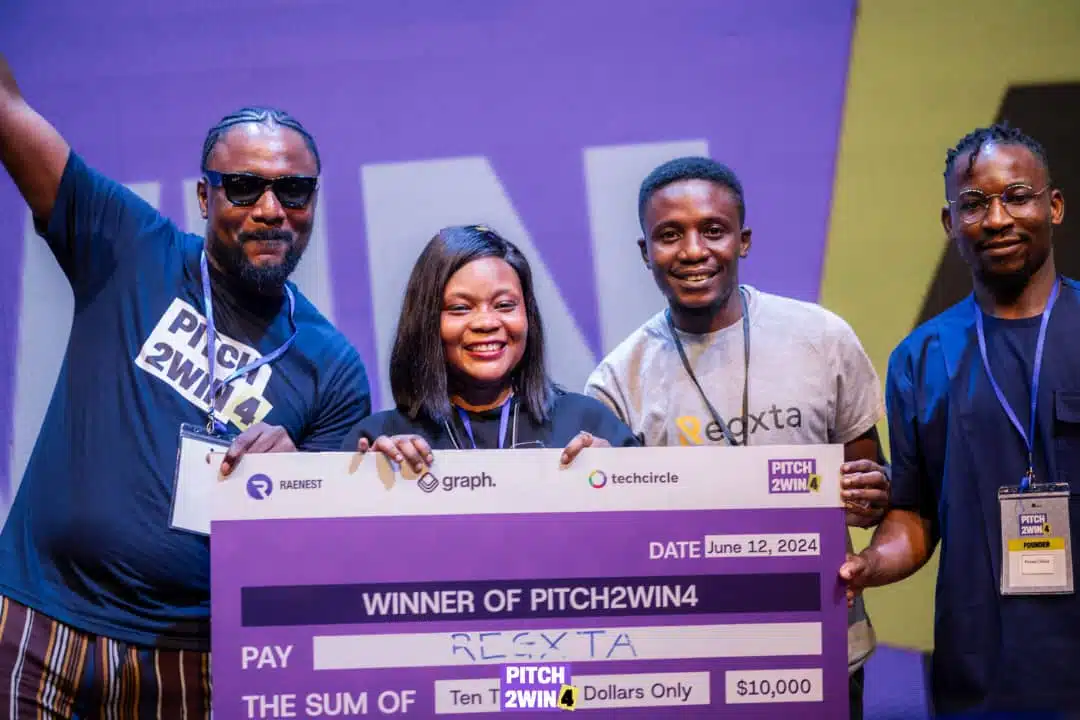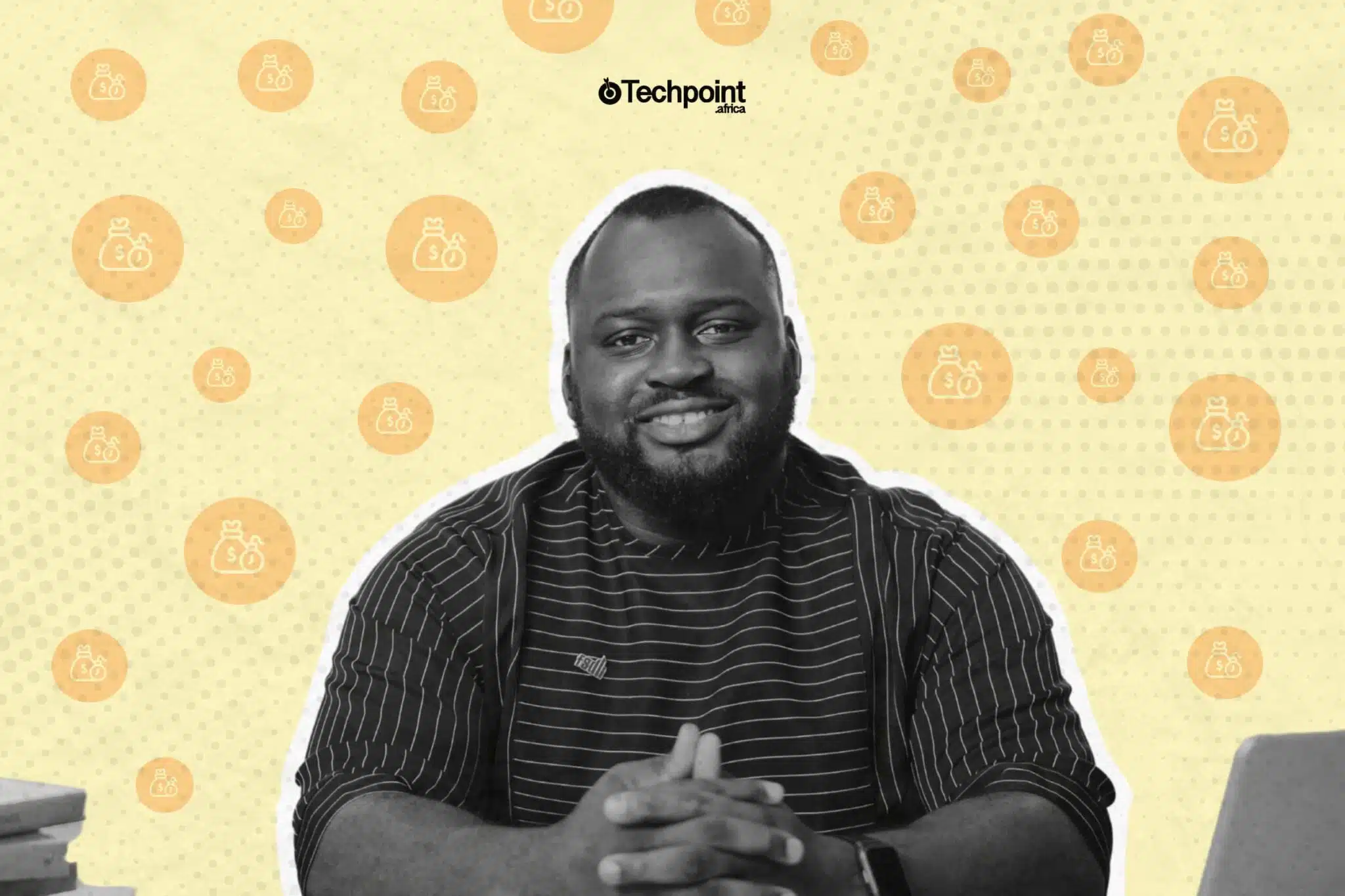Startups
In nearly a decade, hundreds of entrepreneurs have emerged with innovative startups across the African continent. We provide insights on their experiences and highlight the activities of investors who fund them.
Top stories

LemFi has acquired UK card issuer Pillar to expand its services beyond remittances. The move intensifies competition among African fintechs targeting diaspora users.

Drastic pay cuts, unpaid salaries, debts, and broken promises have sparked internal turmoil at Vendease as the once-promising startup faces an uncertain future.

Moove, a Nigerian mobility fintech plans to raise $300m to push its valuation past $1bn, potentially making it Africa’s next unicorn.

From fintech to AI, former Flutterwave employees are launching high-impact ventures across Africa’s tech ecosystem.

African startups have raised $1 billion in funding between January and May 2025, a 40% jump from last year. Egypt accounts for almost a third of the total funding raised.

OmniRetail founder Deepankar Rustagi co-invests in Cape Town Tigers with Silverback Holdings, an existing investor in his startup.

Salus Cloud, a DevSecOps startup spun out of Deimos, raises $3.7M to bring AI-powered software delivery to startups and SMEs across Africa and other emerging markets.

A proptech startup called Citiliving wants to solve Lagos’ housing crisis by building new houses. According to the founder, “We cannot AI our way out of it.”

Importa General Merchant Limited is breaking barriers in cross-border trade by letting African merchants order small quantities at factory prices, pay in Naira, and shop via WhatsApp.

Semicolon and Tech-U partner to bridge academia and industry, offering Semicolon alumni a fast track to a Computer Science degree and Tech-U students access to practical tech training.

After a frustrating loan experience in 2019, Ayodeji Audu launched Reown to digitise vehicle history data in Africa. From garage software to EV financing, the startup aims to unlock value across mobility, lending, and insurance sectors.

dLocal is acquiring AZA Finance in a deal rumoured to be around $150 million to expand its African presence, with the aim to deliver localised, efficient payment solutions.

Fifteen early-stage startups will pitch and compete for a chance to win a $10,000 equity-free grant and gain exposure to over 30+ global investors at Pitch2Win 5

Moniepoint has gotten regulatory approval to begin talks to acquire Kenya’s Sumac Microfinance Bank, which has $23 million in assets.

What if you could build a successful startup without relying on VC? This article reveals how the founder of smallChops.ng used customer revenue to scale, offering practical tips on value, process, and growth.

Exclusive: For months, Heroshe customers in Nigeria have been unable to get their packages from the US, UK, and China. Many say the company stopped communicating, asked for extra fees, and still failed to deliver. Now, Heroshe may be shutting down logistics entirely.

Nigerian startups are increasingly turning to debt for growth, but experts warn it’s only suitable for mature companies with strong financials, compliance, and a clear repayment strategy.

Before COVID-19, Lara.ng had 250k monthly users. Now, founder Samuel Odeloye is using eight years of transit data to build Motion Space, a smart logistics platform for Nigeria.

Vendease’s CFO, Mohamed Chaudry, resigns amid a major company restructuring that includes layoffs, a strategic pivot to software, and a renewed search for funding.

US lawmakers have passed a bill to tax remittances by non-citizens, a move that could disrupt African fintechs and reduce the $90bn diaspora inflows critical to the continent.
